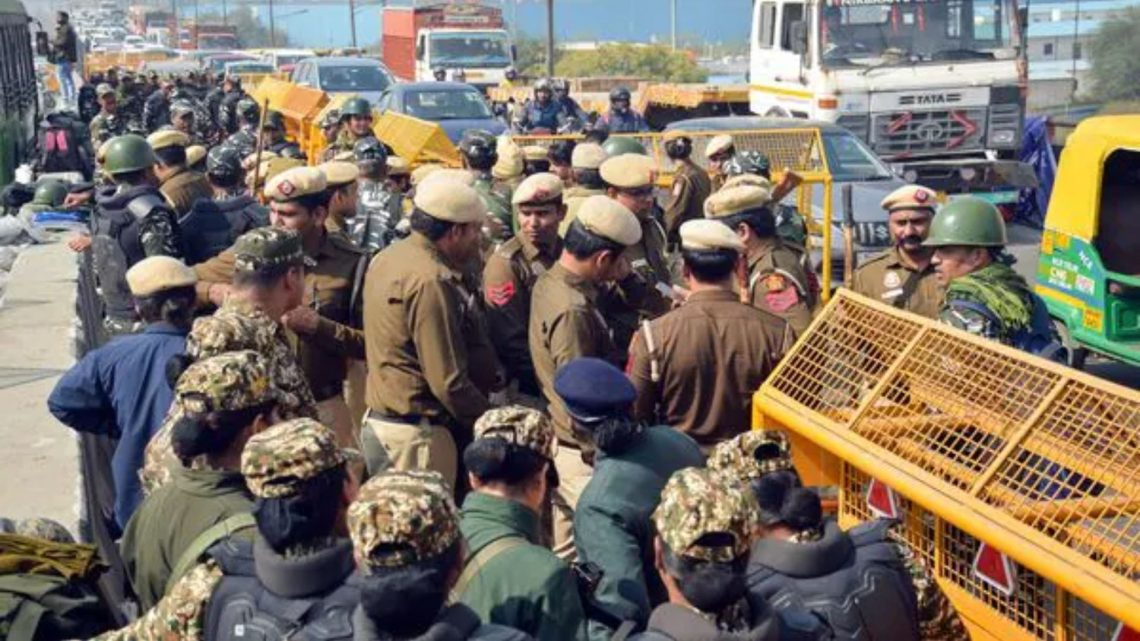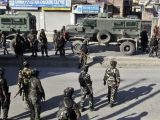
Nationwide Strike Demands Justice for Marginalized Communities in India
August 21, 2024India is witnessing a nationwide general strike today, advocating for justice and equality for Dalits, Scheduled Castes (SCs), Scheduled Tribes (STs), and Other Backward Classes (OBCs).
The strike has been organized by the National Confederation of Dalit and Adivasi Organisations (NACDAOR). This action is a response to a recent judgment by the Indian Supreme Court, which NACDAOR claims undermines the reservation framework established by the historic Indira Sawhney case.
NACDAOR argues that the Supreme Court’s ruling threatens the constitutional rights of SCs and STs. The organization is urging the government to reject the judgment and address its concerns.
Among the group’s key demands are several legislative and administrative changes. They call for the enactment of a new Act of Parliament to secure reservations for SCs, STs, and OBCs.
Additionally, NACDAOR is demanding the immediate release of caste-based data on SC, ST, and OBC employees within government services. They also seek the establishment of an Indian Judicial Service to ensure diverse recruitment for judicial positions. The target is to achieve 50% representation for SCs, STs, and OBCs in the higher judiciary.
Another major demand is to address the backlog of vacancies in central and state government departments, as well as public sector enterprises. The group stresses the need for timely and fair filling of these positions.
The NACDAOR has urged Dalits, Adivasis, and OBCs to participate in a peaceful agitation today. This strike reflects deep-seated frustration with ongoing inequalities and the perceived erosion of protective measures for marginalized communities.
The strike highlights the broader struggle for social justice and equitable representation in India. The scale of participation and the government’s response will be closely watched, given the significant implications for the country’s approach to reservations and equality.

